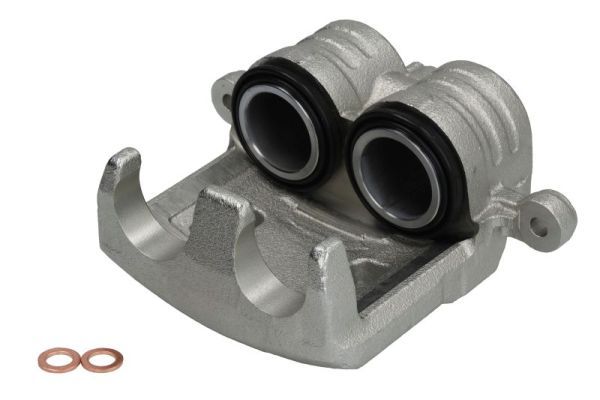The Warning Signs of a Failing Brake System

The crucial indicators that your car's brake system may be heading towards failure, and learn how to address them before they lead to more serious issues.
Your Brake System: Components and Functions
Understanding the components and functions of your vehicle’s brake system is essential for recognizing when something is amiss. The main components include the brake pedal, master cylinder, brake lines, brake pads, rotors, and calipers. Each part plays a critical role in ensuring your vehicle can stop safely and effectively.
The brake pedal, when pressed, activates the master cylinder which converts the pedal force into hydraulic pressure. This pressure travels through the brake lines to the calipers, which then press the brake pads against the rotors to create friction and stop the vehicle. Regular maintenance of these components is crucial for optimal performance.
Common Signs of Brake System Failure
Several warning signs can indicate that your brake system is failing. One of the most noticeable signs is a squealing or grinding noise when applying the brakes. This sound often means the brake pads are worn out and need to be replaced.
Other common signs include a spongy or soft brake pedal, vibrations or pulsations when braking, and the vehicle pulling to one side. Additionally, a brake warning light on your dashboard or fluid leaks under the car can also indicate serious issues that need immediate attention.
The Impact of Neglecting Brake System Warnings
Ignoring the warning signs of a failing brake system can lead to severe consequences. Not addressing these issues can result in reduced braking efficiency, increasing the stopping distance and potentially causing accidents.
Furthermore, neglecting brake maintenance can lead to more extensive damage to other components of the braking system, resulting in costly repairs. Ensuring your brake system is in top condition is crucial for your safety and the safety of others on the road.
How to Respond to Brake System Warning Signs
If you notice any warning signs of brake system failure, it is essential to address them promptly. Start by performing a visual inspection of the brake components if you are knowledgeable about car maintenance. However, the best course of action is to take your vehicle to a professional mechanic for a thorough inspection and diagnosis.
Do not attempt to drive your vehicle if you suspect significant brake issues. Instead, have it towed to a repair shop to avoid further damage or potential accidents. Regular check-ups and prompt responses to warning signs can help maintain your brake system's integrity.
Preventive Measures to Maintain a Healthy Brake System
Preventive maintenance is key to ensuring your brake system remains in good working order. Regularly check the brake fluid level and top it up if necessary. Ensure the brake pads and rotors are inspected and replaced as needed to avoid excessive wear.
Additionally, have your brake system professionally inspected at least once a year. Keeping your brake components in good condition and addressing any issues promptly can help maintain their performance and extend their lifespan, ensuring your safety on the road.

 Loading..
Loading..